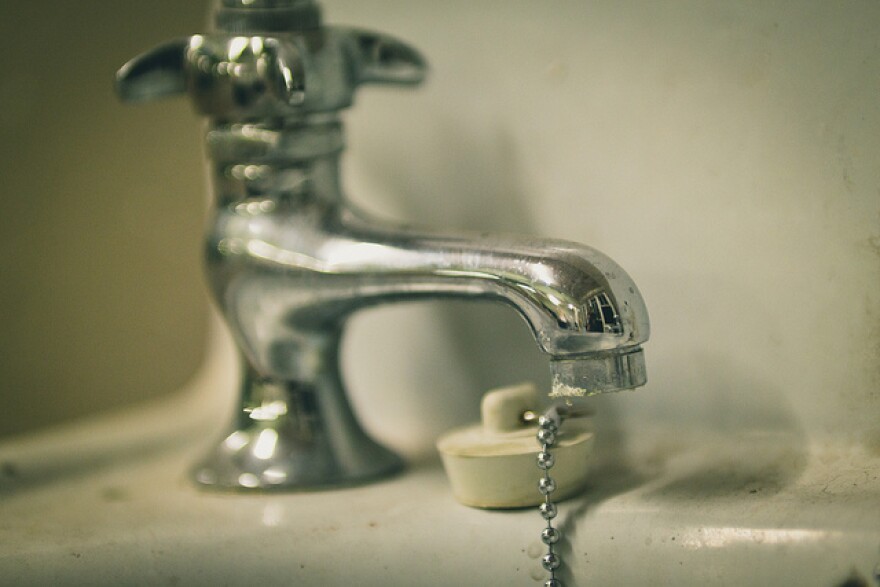According to a U.S. EPA official, Flint’s water system is improving.
This conclusion is the result of a closed-door meeting at EPA headquarters in Chicago yesterday. Data was presented from a number of officials, including the Michigan Department of Environmental Quality, Virginia Tech, EPA experts from Flint, and the Center for Disease Control.
Robert Kaplan is the acting administrator for EPA Region 5.
Stateside's Cynthia Canty talked to Kaplan right after last night's meeting ended.
"There are a number of initial conclusions. The most important one is that the system is getting better in every respect," says Kaplan. "And just to break that apart a bit. For lead, which was the initial thing we were so concerned about, levels have dropped off significantly."
There is also evidence that the chlorine added by the city is now effectively disinfecting the system, without any harmful byproducts.

Kaplan says that by compiling data from a various number of officials using multiple different sampling methods, the conclusions from Tuesday’s meeting are sound.
However, the EPA is not lifting its advice that Flint residents use filtered or bottled water - and might not anytime soon.
“We know that filter use is important going forward, even as levels fall,” says Kaplan. “So we could have a very large percentage of homes below the EPA action level of 15 parts per billion, but because lead lines are unpredictable, not just in Flint but elsewhere, people might want to consider using filters in Flint and elsewhere where there are sensitive populations, including children.”
Lessons learned
Kaplan says the risks associated with lead in drinking water plumbing affect a number of cities beyond Flint.
“There are tens of thousands of lines in Flint, and there are millions across the country,” says Kaplan.
He says dealing with the Flint water crisis has pushed the EPA to revisit how it regulates drinking water.
“Flint has brought a lot to the floor. As you know, the lead and copper rule, which is EPA’s protective rule for water systems, has been under reconsideration for a number of years now,” Kaplan says. “This has really shined a light on the need to make some changes in the lead and copper rule.”
One change could mean recommending the use of water filters nationwide in water systems where it's known lead is present in the plumbing.
The EPA is holding an invite-only data summit today, and a public forum on Thursday, Jan. 11.




